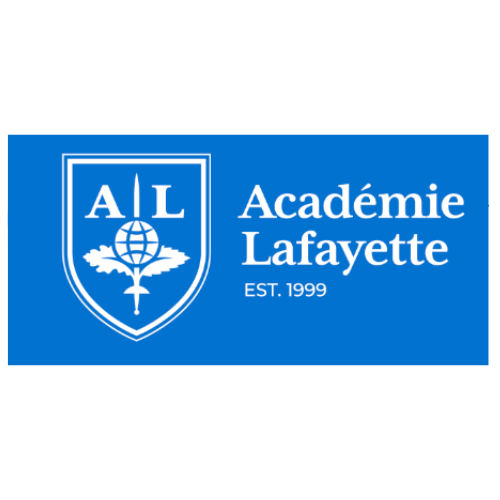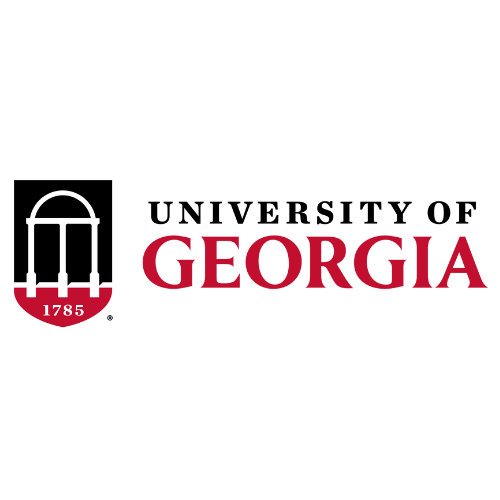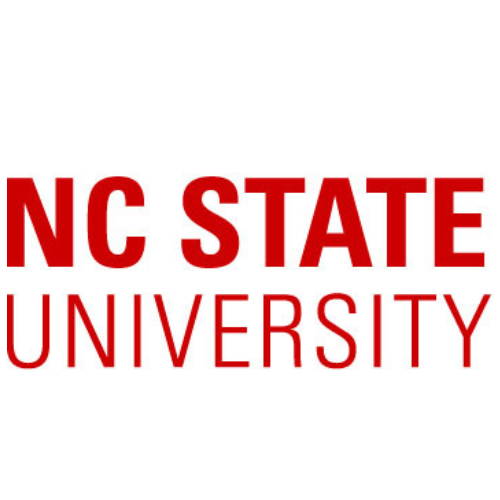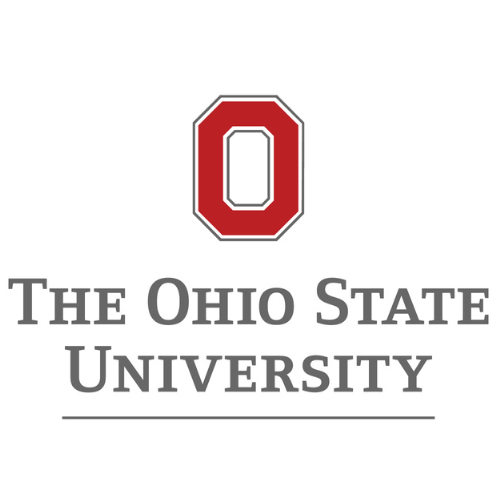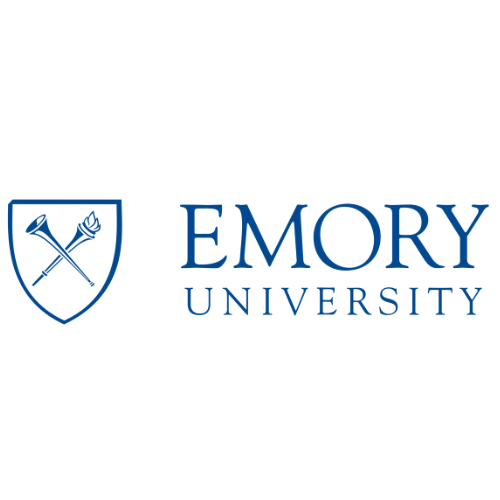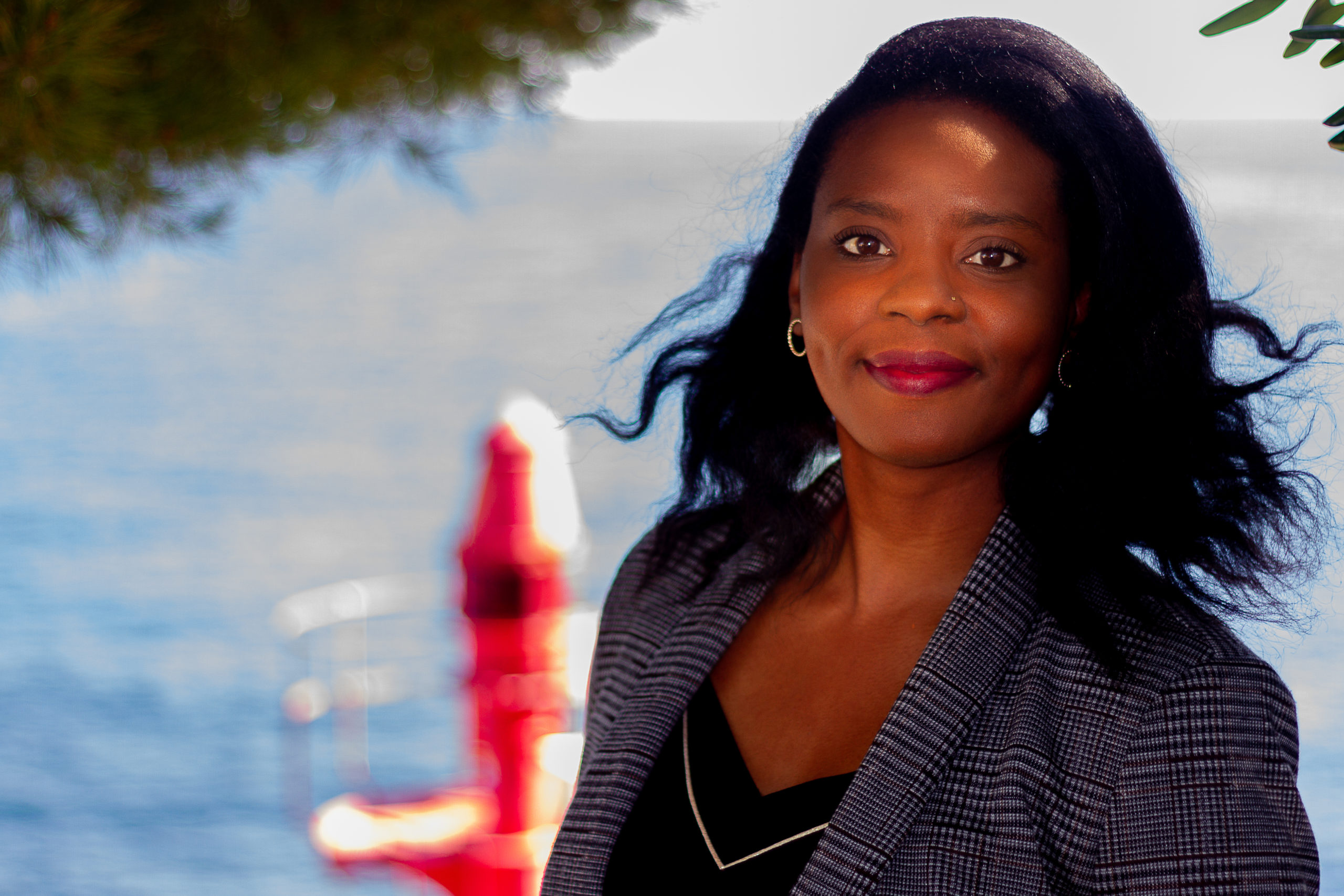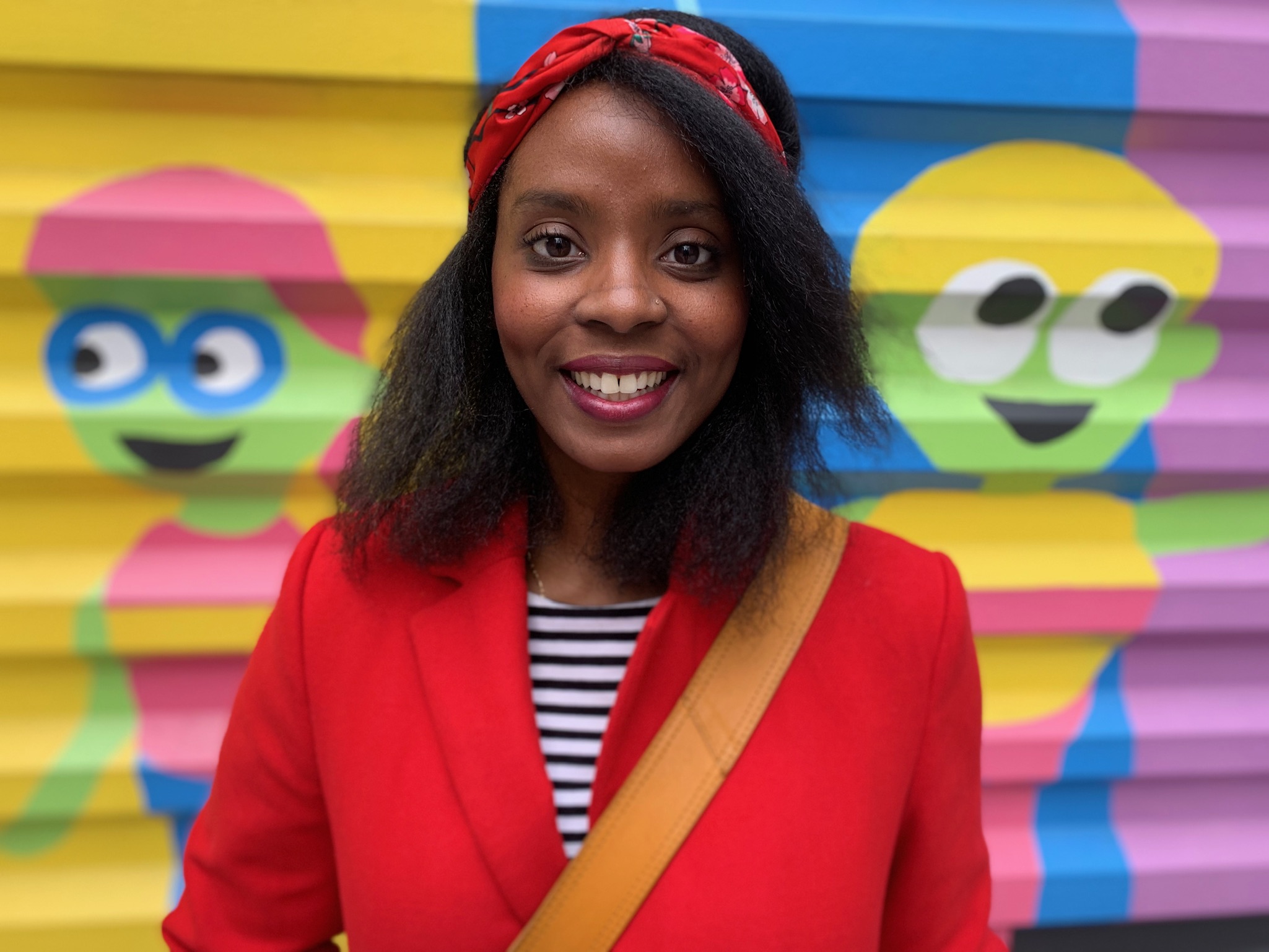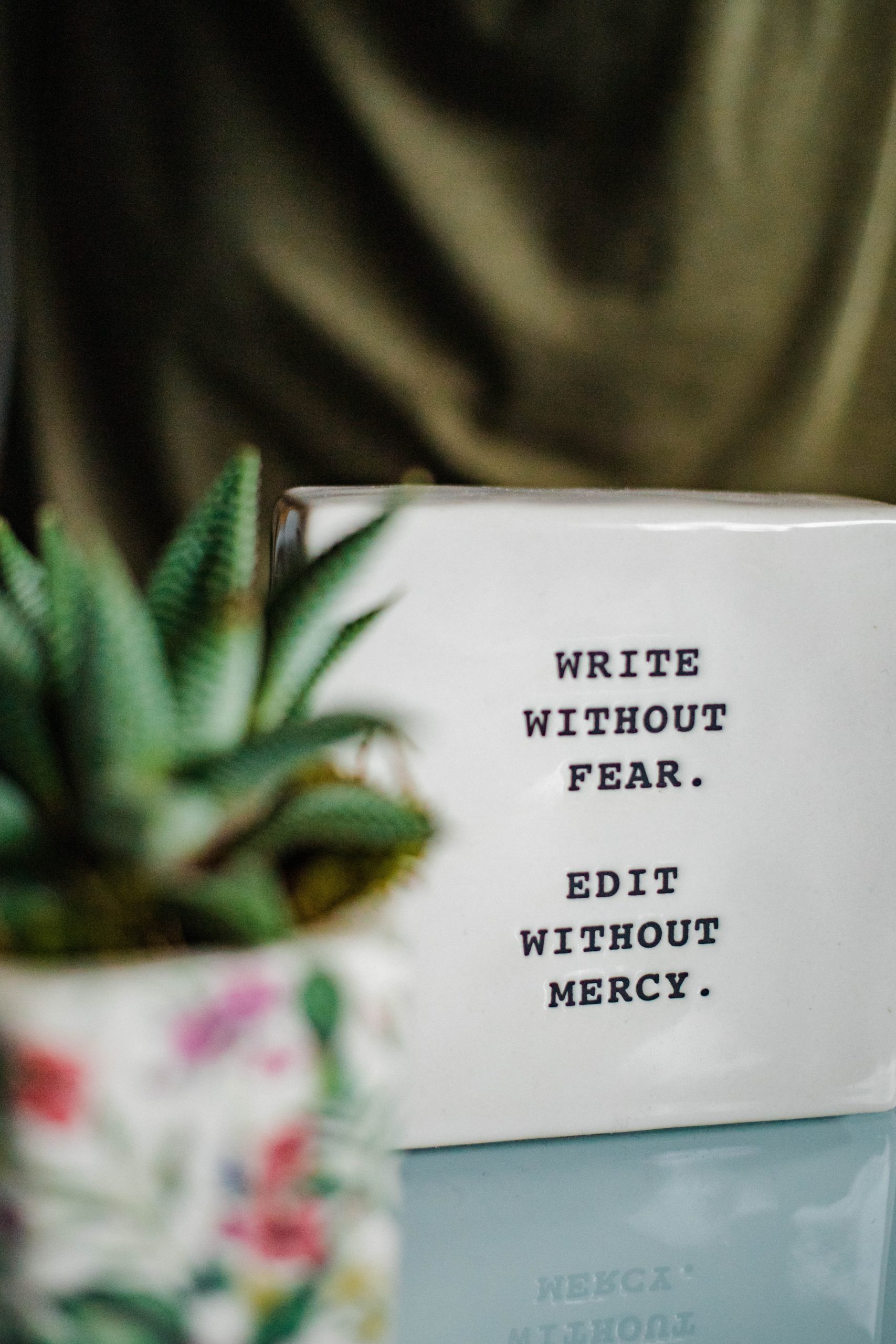Dr. Johanna
Montlouis-Gabriel
About
Dr. Johanna Montlouis-Gabriel
As an Assistant Professor of French at Emory University, I explore the vibrant world of Afrofeminist creative expression in contemporary France, examining how Black French women are reshaping cultural narratives through their powerful voices and artistic work.
My upcoming book, The Afrofeminist Creative Praxis of Black French Women, will be published by Nebraska University Press in their Expanding Frontiers Series (Winter 2026-2027). This work celebrates how Black women in France are building communities and transforming perspectives through their art, literature, and performance.
This research was generously supported by numerous institutions, most notably through the Camargo Foundation Fellowship in scenic Cassis, France, during Spring 2022.
Where I have taught
““Que deviendra le monde si nos femmes ont peur ? Il s’effondrera le monde ! Sa voûte tombera et les étoiles qui le constellent, se mêleront à la poussière des routes!””
Maryse Condé, Moi, Tituba sorcière
Stay Connected
I’ll only send you the good stuff—no spam
Stories
Visit my digital garden where I share reading recommendations, research & teaching reflections, and thoughts on academic life.

